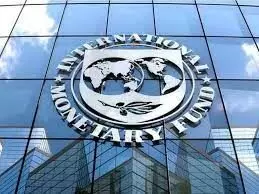
IMF to support Bangladesh with $4.5 billion package
text_fieldsDhaka: The IMF announced that it will be providing Bangladesh with a $4.5 billion support package to cope with the increasing cost of food and energy. Dhaka is planning to use the IMF loan to prop up its foreign exchange reserves which went from $46 billion to $34 billion.
Bangladesh is among the Asian countries struggling due to the rise in prices after Russia's invasion of Ukraine caused supply chain issues and a shortage of resources. Dhaka saw angry street protests. The country is home to a population of 170 million.
A statement from the IMF said that a delegation of the international body and Dhaka representatives have reached a staff-level agreement to support Bangladesh's economic policies with a total of $4.5 billion under various facilities. The deal is subjective to IMF management's approval, reported AFP.
Bangladesh is also unable to import sufficient fossil fuels due to dwindling foreign exchange reserves. The government was forced to close diesel plants. Tens of thousands of mosques have been used to cut the use of air conditioners.
IMF team leader Rahul Anand said Bangladesh's robust economic recovery from the pandemic has been interrupted by Russia's war in Ukraine, leading to a sharp widening of the current account deficit, the rapid decline of foreign exchange reserves, rising inflation, and slowing growth. "Even as Bangladesh tackles these immediate challenges, addressing long-standing structural issues remains critical, including threats to macroeconomic stability from climate change."























